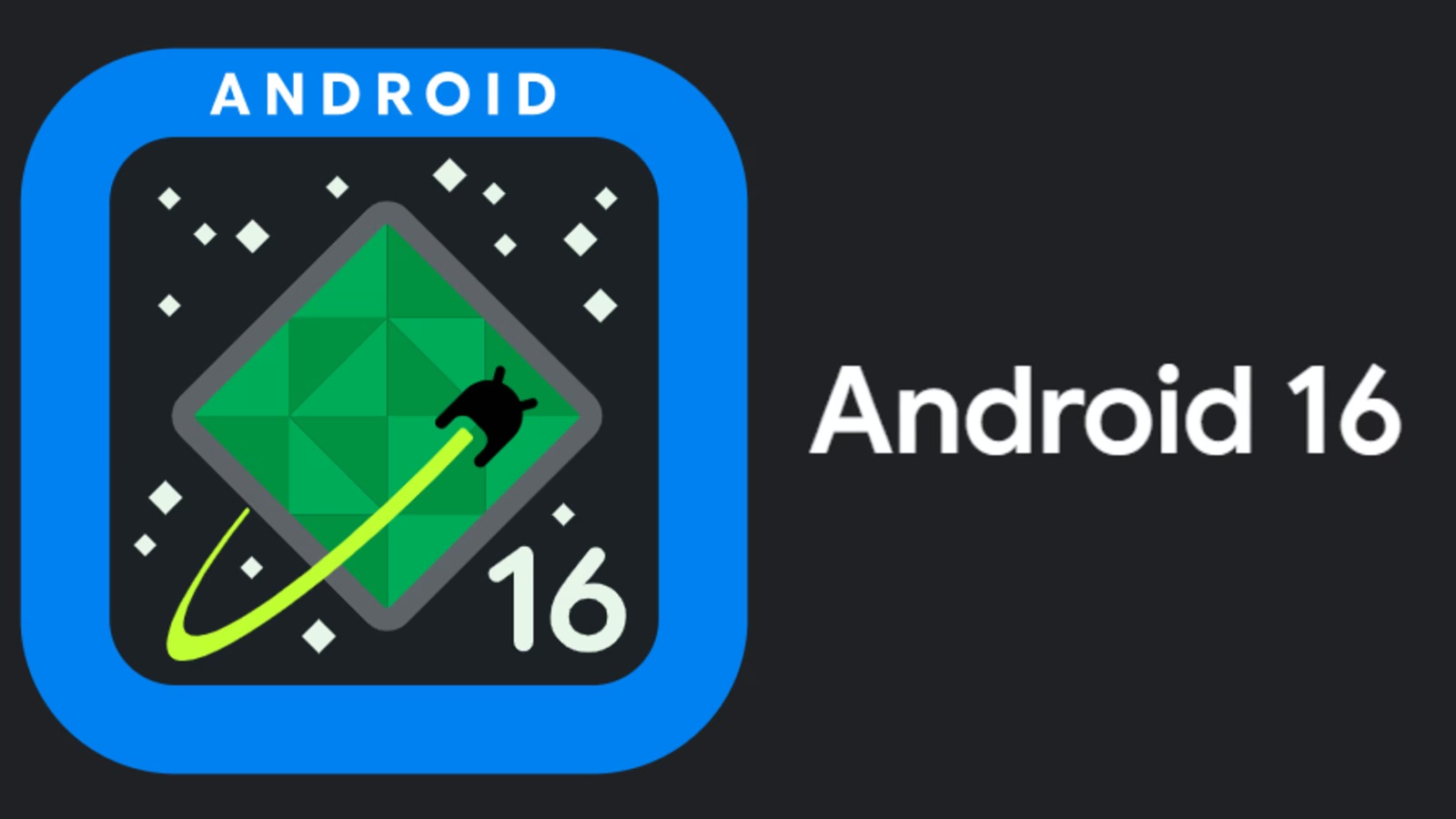Yahoo has emerged as a potential buyer for the Chrome web browser, should a federal court mandate its sale. This revelation came during testimony in the Justice Department’s remedies trial against Google, which is seeking to break up what it deems a search monopoly.
Brian Provost, Yahoo Search General Manager, testified that the legacy search company would pursue Chrome if given the opportunity, calling it “arguably the most important strategic player on the web.”
Provost estimated that acquiring the browser could catapult Yahoo’s search market share from its current 3% to double digits, indicating the crucial role browsers play as gateways to search.
“About 60% of search queries are done through a web browser,” Provost stated during his testimony, adding that many users search directly from the address bar—a key distribution channel for search engines.
While awaiting the court’s decision, Yahoo has been developing its own browser prototype since last summer, a project Provost estimates will take six to nine months to complete. Nevertheless, acquiring Chrome would provide a much faster path to scale.
Yahoo’s parent company, Apollo Global Management, appears ready to back such an acquisition despite the high price tag, which Provost estimated would run into “tens of billions of dollars.”
Ironically, Apollo already owns the NetScape brand (once a central player in an earlier browser antitrust case), though Provost acknowledged it’s no longer considered an active browser.
Yahoo isn’t alone in expressing interest in Chrome, which commands about 66.6% of the global browser market and has surpassed 3 billion users worldwide. OpenAI’s ChatGPT chief Nick Turley and executives from Perplexity have also signaled their interest during the trial.
The Justice Department and several states have proposed Chrome’s divestiture as part of a remedy package after Judge Amit Mehta ruled last year that Google had illegally monopolized the search market. For Google, Chrome is a critical gateway to its ecosystem, which includes services like Search, Gmail, and YouTube.






























